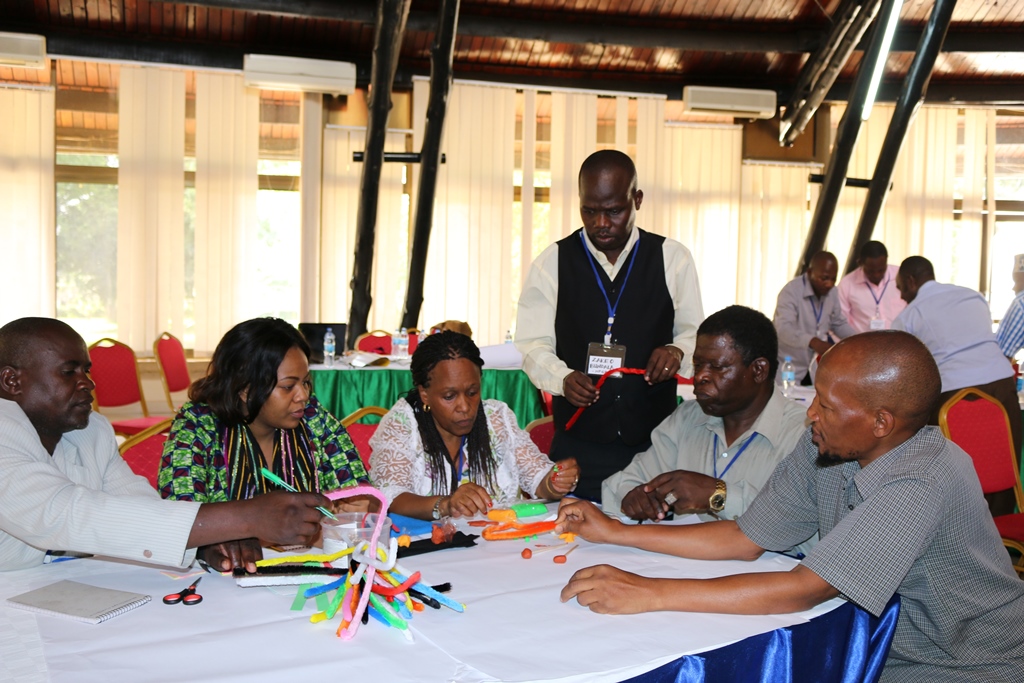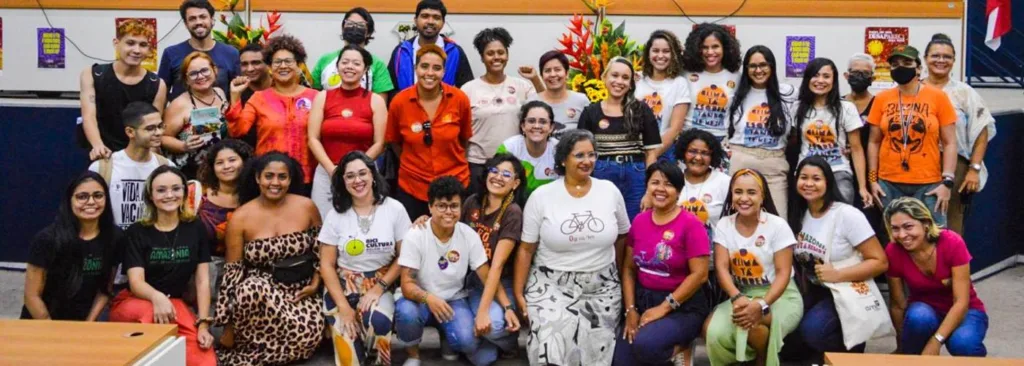Agriculture forms the backbone of Tanzania’s economy, providing employment to about 80 percent of the population and contributing to 24.5 percent of the country’s GDP. Despite its contribution to food security and livelihoods, the sector faces a number of challenges related to productivity, among them farmers’ access to seeds.
This is one of the reasons why Hivos East Africa, Bioversity International, the National Plant Genetic Resources Centre (NPGRC-Tanzania), Sustainable Agriculture and Natural Resource Management Africa (SANREM-Africa) have forged a partnership in collaboration with Tanzania Organic Agriculture Movement (TOAM) and Tanzania Alliance for Biodiversity (TABIO) to explore how “open source seeds systems” can enhance farmers’ access to seeds and improve food security in Tanzania, especially in the face of climate change.
A forum held from 7 to 9 June 2017 in Morogoro, Tanzania, brought together farmers, researchers, government representatives, private sector and other civil society organizations to formulate standpoints regarding policy and legislative frameworks affecting the development of multi-stakeholder open source seeds systems in Tanzania. Discussions focused on the need to improve access to seeds for resource-poor farmers by making them ‘open source’ and therefore easily accessible.
During the forum, participants went on “Seed Safaris” to communities, enterprises and government certification bodies involved in production, such as Tanzania Official Seed Certification Institute (TOSCI), where they explored processes and practicalities of both formal and farmer-managed seed systems and the potential of “open source seeds systems”.
Agricultural experts and researchers argue that diverse and resilient seed systems are necessary for food security, climate change adaptation and boosting income for smallholder farmers, as opposed to the current system in which many crop varieties are patented by large agribusiness companies, thus decreasing farmers’ autonomy to select, breed and exchange their own seed varieties.
While Tanzania has enacted legislative frameworks to regulate the formal seed sector and has signed the International Treaty on Plant and Genetic Resources for Food and Agriculture, far much more needs to be done in order to support seed systems which will strengthen farmers access to diverse seeds.
The open source seeds initiative (inspired by open source software) was created to ensure that some plant varieties and genes would remain free from intellectual property rights and available for plant breeders and farmers in perpetuity. Simply put, this enables key groups such as smallholder farmers to crossbreed their indigenous varieties with other varieties and save them for future seasons.
Key messages from the forum:
- If we want to diversify our food, have more choice and a healthier diet, we need to ensure that farmers have access to diverse seeds and can grow a variety of crops.
- Collaborative efforts between the formal and informal seed sector will go a long way in addressing challenges related to access to diverse seeds.
- Farmers’ rights have to be anchored in a favorable policy and legislative environment that:
- allows farmers to exchange save and sell farm saved seed of desired varieties
- protects and documents indigenous knowledge related to seeds, especially in the era of climate change
- provides space for farmers to be involvement in decision-making, including participatory plant breeding and variety selection
Read more about our Open Source Seeds Systems Programme here




